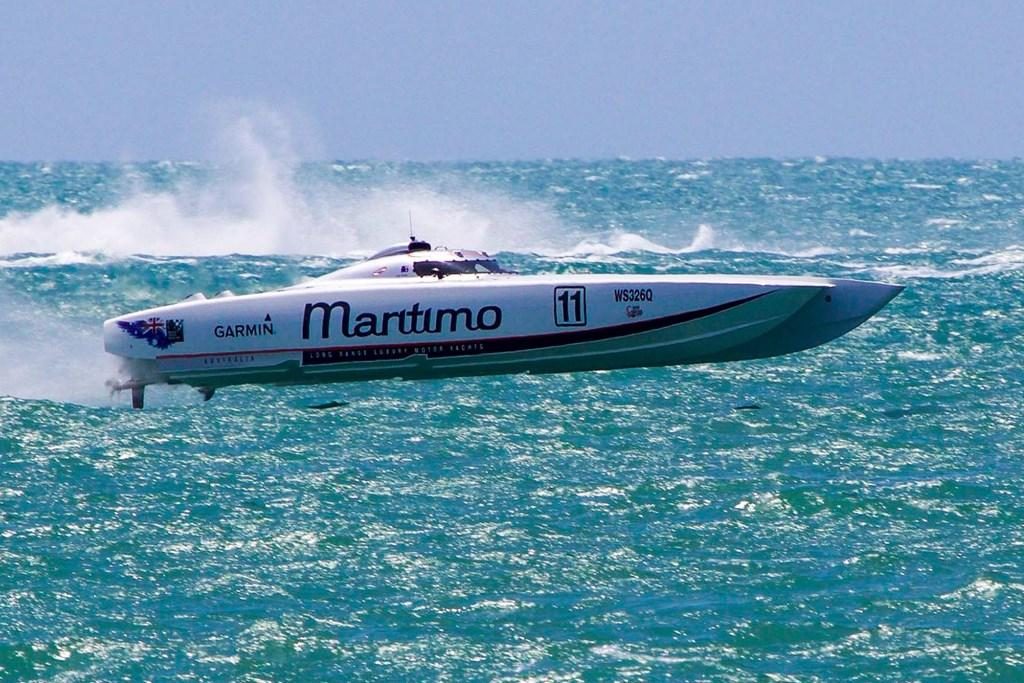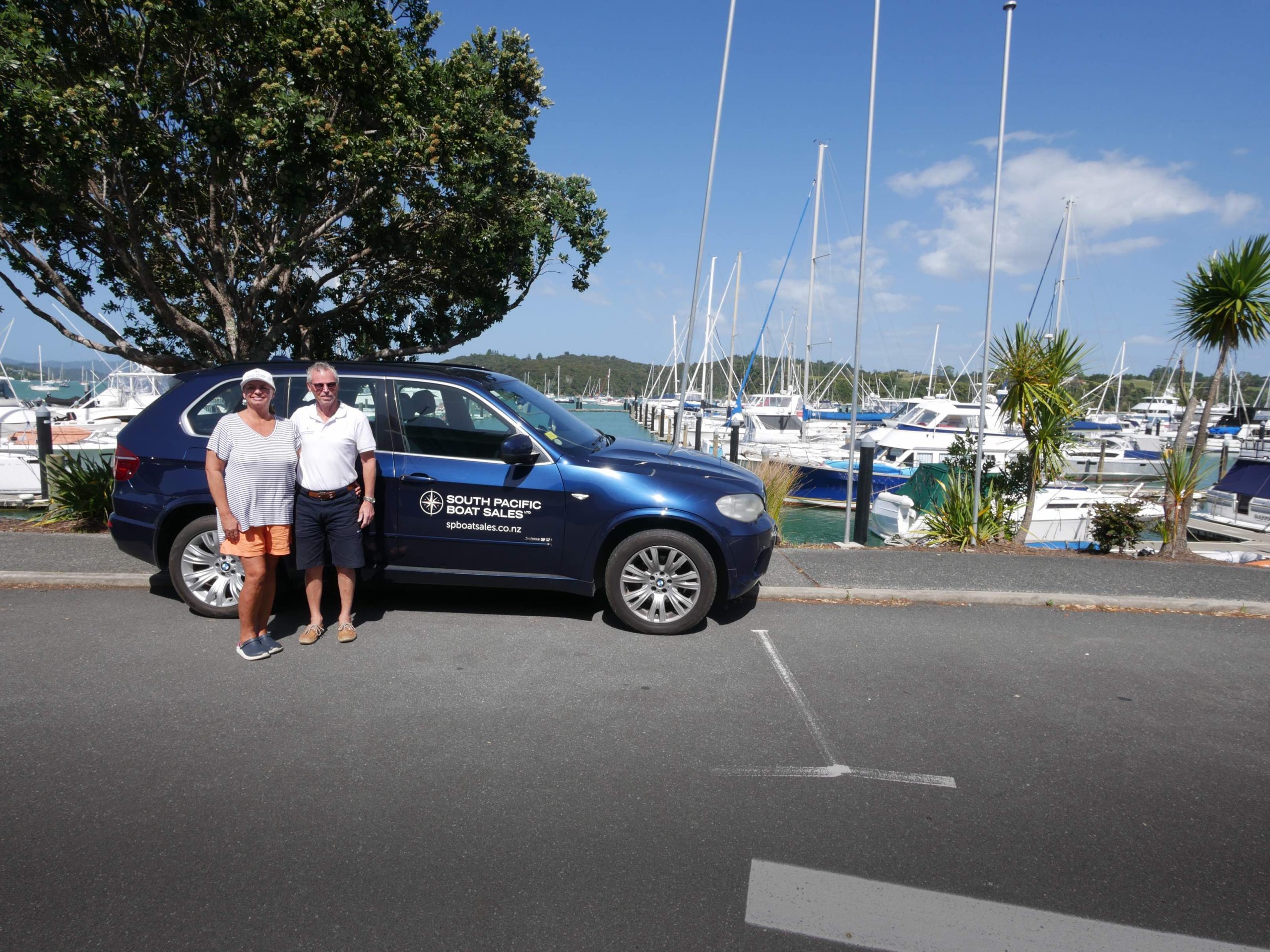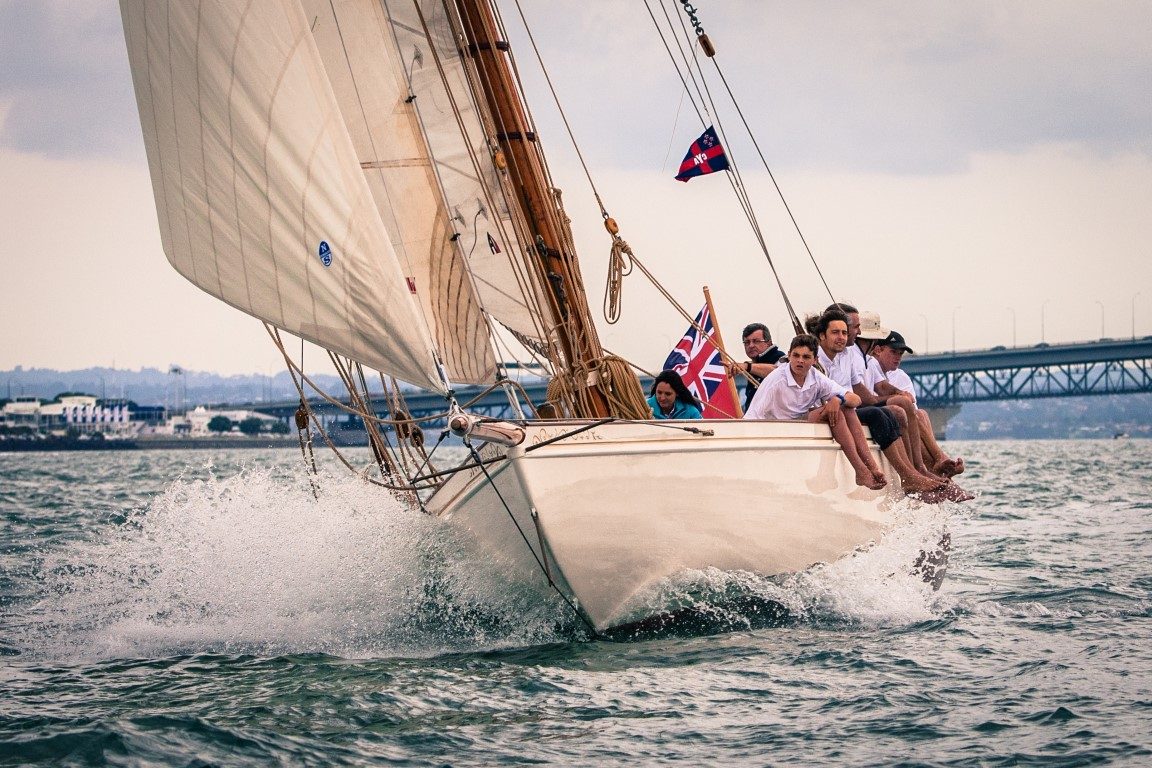

The advantages of lithium batteries compared to those of lead-acid, gel or AGM have become increasingly accepted in the marine industry. But not all lithium batteries are created equal.
The weight saving, fast-charging, long lifetime and high power feature in the wide appeal of lithium batteries. With more products entering the market, it’s worth checking what’s important when purchasing them.
Netherlands-based Super B has been manufacturing high-quality lithium batteries since 2007 and it has extensive experience in the Marine, RV and Powersports market. It was one of the first companies to bring lithium batteries to markets that have tough environments.
Most competitors in the famous Dakar rally, for example, use Super B lithium batteries to start their engines. But the portfolio also extends to battery packs for the marine sector – high-energy solutions for house load applications or electric propulsion systems.

Part of the company’s global success can be attributed to the Netherlands government which is very supportive of the ‘go electrical’ movement. In 2016 Super B converted the tourist boats in Amsterdam from diesel to electric propulsion – by 2025 all boats in Amsterdam must be electric if they want to enter the city’s central channels.
This enforcement has supported technological innovation. The boat operators save on maintenance costs and diesel expenses. Compared to lead-acid alternatives lithium batteries require far less space – and space and weight saving translates into better passenger capacity.
While most lithium batteries are manufactured in low-cost countries, quality is often compromised. The internal construction and cell quality of a Super B battery make for a robust product – the company states a lifetime of 3,500 cycles at 100% depth of discharge. So even if you completely discharge the battery every day, it will last for at least 10 years. Many competitive products would have difficulty replicating this performance.

There are also reports about lithium batteries being dangerous and catching fire. This might be true for lithium nickel magnesium cobalt (NMC) batteries which have been known to ignite at temperatures of around 150° Celsius – and once ignited the process is unstoppable.
Cobalt isn’t used in Super B’s lithium iron phosphate batteries (LFP). Because of the different cell chemistry, these batteries cannot catch fire. They are even safer than lead acid batteries which give off an explosive hydrogen gas if not maintained properly.
But in themselves lithium iron phosphate (LiFePO4) cells don’t necessarily guarantee good batteries. Super B has a patented a technique to weld the cells together to create minimal resistance. The advantages include efficiency, a high discharge rate and very little heat generation.
Each Super B has an integrated Battery Management System (BMS). Any battery is only as good as its weakest cell – the BMS keeps all cells the same. In addition to balancing, the BMS controls the temperature, voltage, current and state of charge. If it detects a fault it shuts down the battery to avoid damaging it.

The Amsterdam boats have 158kWh capacity at 144 volts. They can motor for three days on one charge. But the modular design of lithium batteries also makes them suitable for smaller systems, starting at 12V.
For house load applications in boats, the company’s extensive track record includes well-known production yacht builders such as Beneteau. Using lithium for house load allows boaties to use electric appliances such as kettles, hair-dryers or air-conditioning units even when the engine isn’t running.

Super B’s 90Ah battery does 200A continuous discharge until it reaches 0% – a performance impossible with conventional lead-acid or AGM batteries.
Super B has expanded its distributor network and its batteries are now available from Racetech Manufacturing Ltd.




